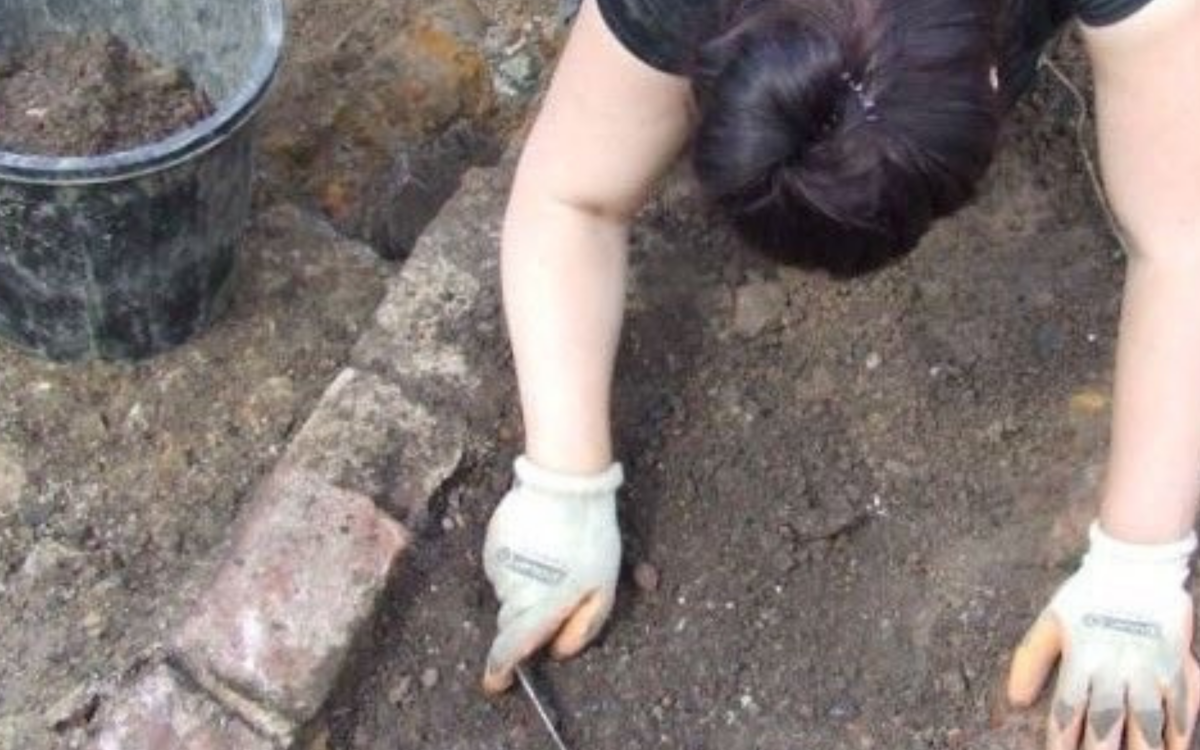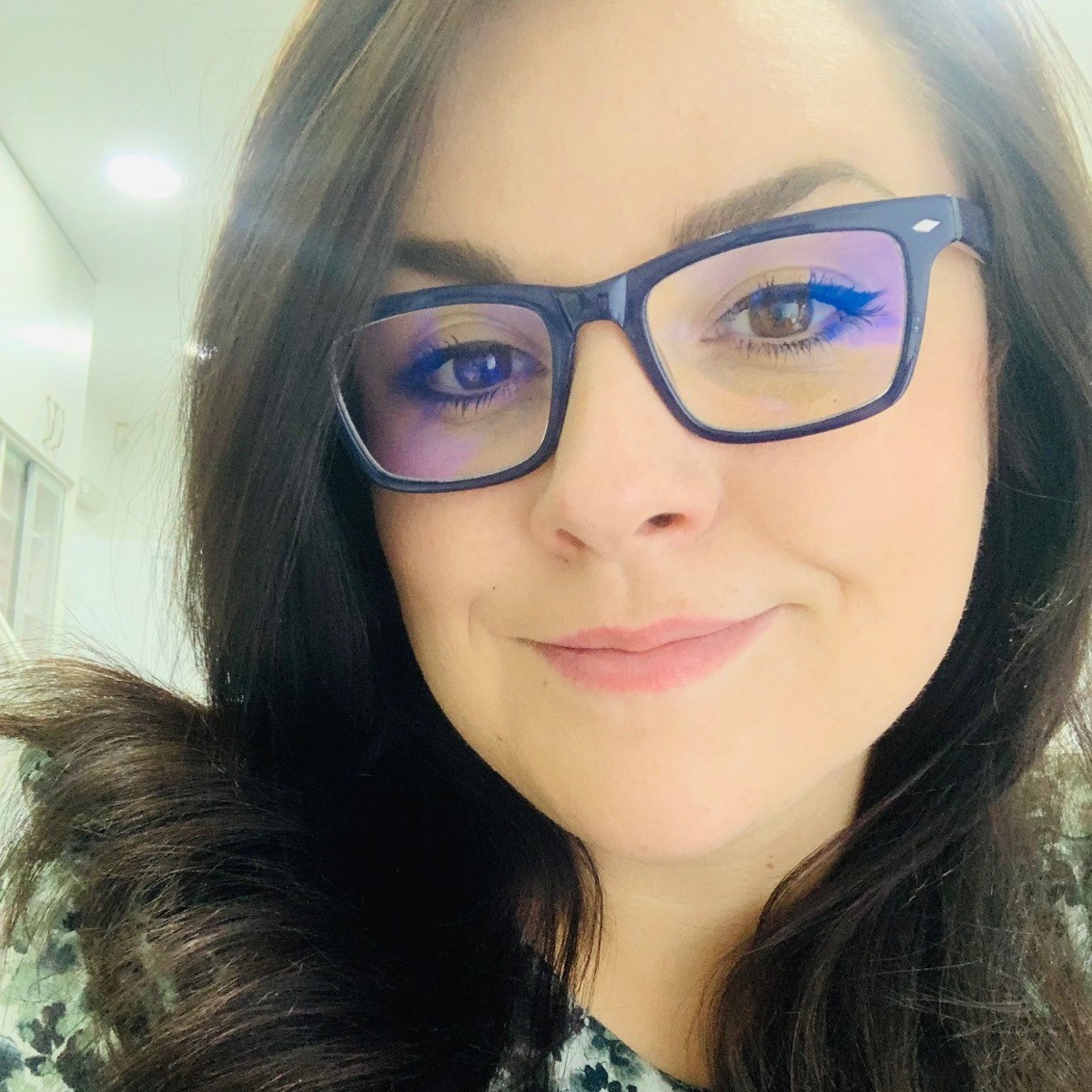
From working with museum researchers, to identifying animal bones at active excavations - Commonwealth Scholar Natalie Wilson shares her experience of studying zooarchaeology at the University of Gibraltar with a Commonwealth Scholarship.

Studying archaeological animal remains does not just give us an insight into the past - it can also shed light on the present and future."

We cannot fully understand the way of life of past humans without considering the role of animals. Through the analysis of animal remains, we can reconstruct past climates, analyse human diets, and understand the effects of domestication on species. This is important to our understanding of the natural world.
However, contrary to what people might think, studying archaeological animal remains does not just give us an insight into the past - it can also shed light on the present and future. Understanding the patterns in evolution and why certain animals became extinct can inform conservation science in the present and future.
Thanks to my Commonwealth Scholarship, I’m exactly where I need to be for my research. Gibraltar is especially important to our understanding of human evolution – the first Neanderthal was found in Gibraltar in 1848, which predates the finding of the fossil that gives the Neanderthals their name. Being here means that I can easily access the museum collections and visit the excavation site.
My current project is a longitudinal, zooarchaeological study of large mammal communities in Gibraltar, from the time of the Neanderthals to the time of the Phoenicians in the 8th to 2nd centuries BC.
My scholarship has led me to identify animal bones from several years of excavations, and I have been able to both work with, and learn from, researchers at the Gibraltar National Museum. This experience has taught me a lot about the natural history of Gibraltar and the ecological requirements of a number of fossil and extant species which I have not previously worked with, including birds, reptiles, small mammals and marine mammals.
It’s been a really valuable experience to work with people who have a wealth of experience and knowledge in archaeology and ecology, and I genuinely hope to continue working with the Gibraltar National Museum after I have completed my PhD.
My Commonwealth Scholarship has created a lot of additional opportunities too. After taking part in the Gibraltar History Series of lectures in February 2019, I was asked to write an article for the bilingual newspaper, Reach, and I am currently working on an introductory zooarchaeology course in collaboration with a UK-based museum.
The most important thing I have learnt during my scholarship is the need to be flexible and to stay positive. Many scholars have found that their research does not always go to plan and they have had to make changes from their initial research proposal. I am no exception.
Another key lesson is not comparing myself to others - not all PhDs are the same, and we all go at our own pace. This has become more apparent to me during the pandemic. Unable to visit museums to collect data due to current restrictions, I have channelled my energy into writing. I now have a better idea of what my completed thesis will look like, which has been an unexpected, but positive, outcome.
I have been able to keep up to date with current research in my field through social media and have attended a number of talks, seminars, and courses online. Right now, I am working towards Candidature, and will hopefully be able to present in person next semester.
